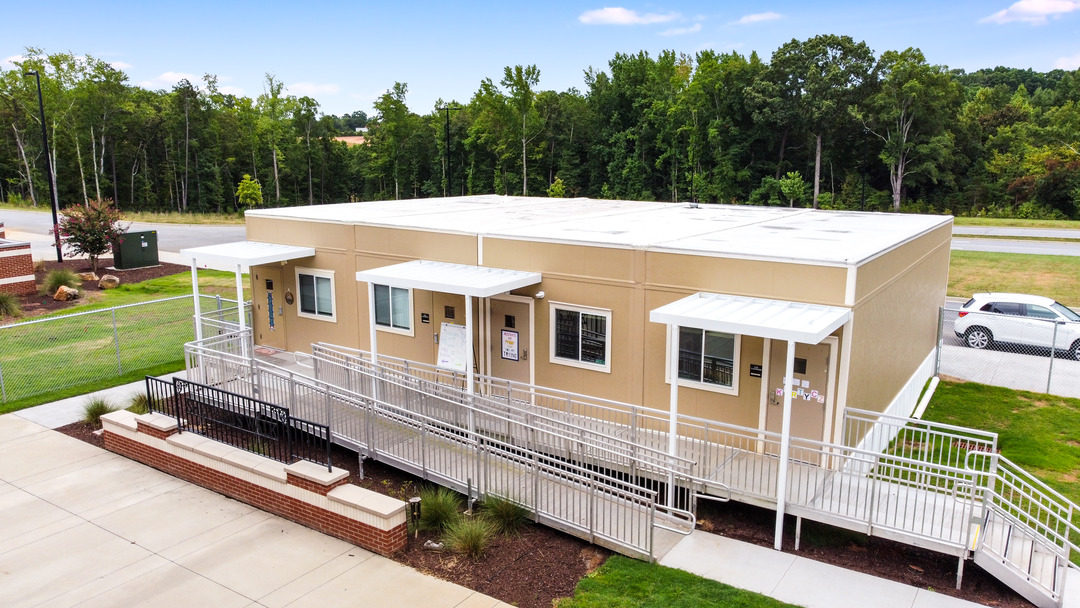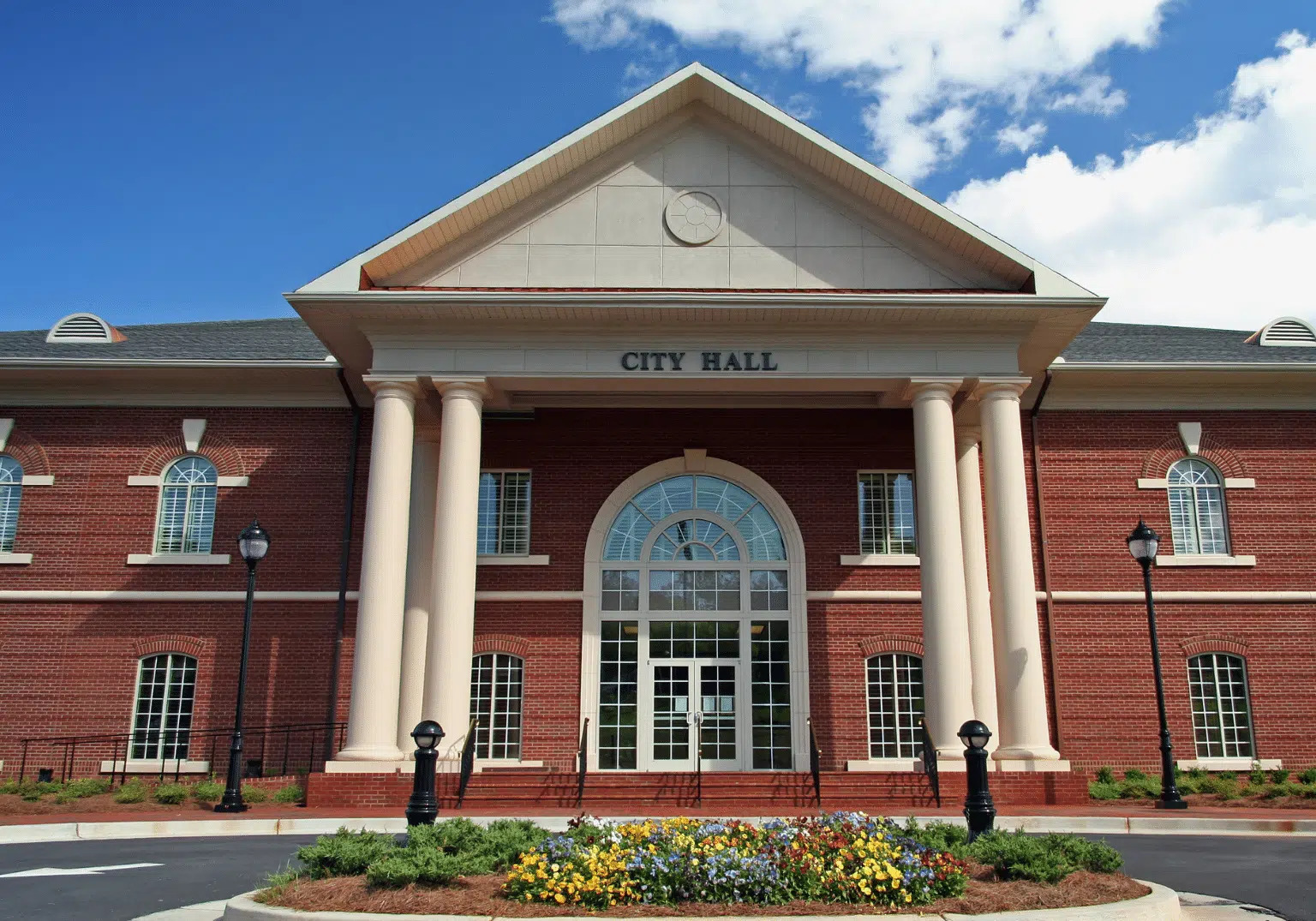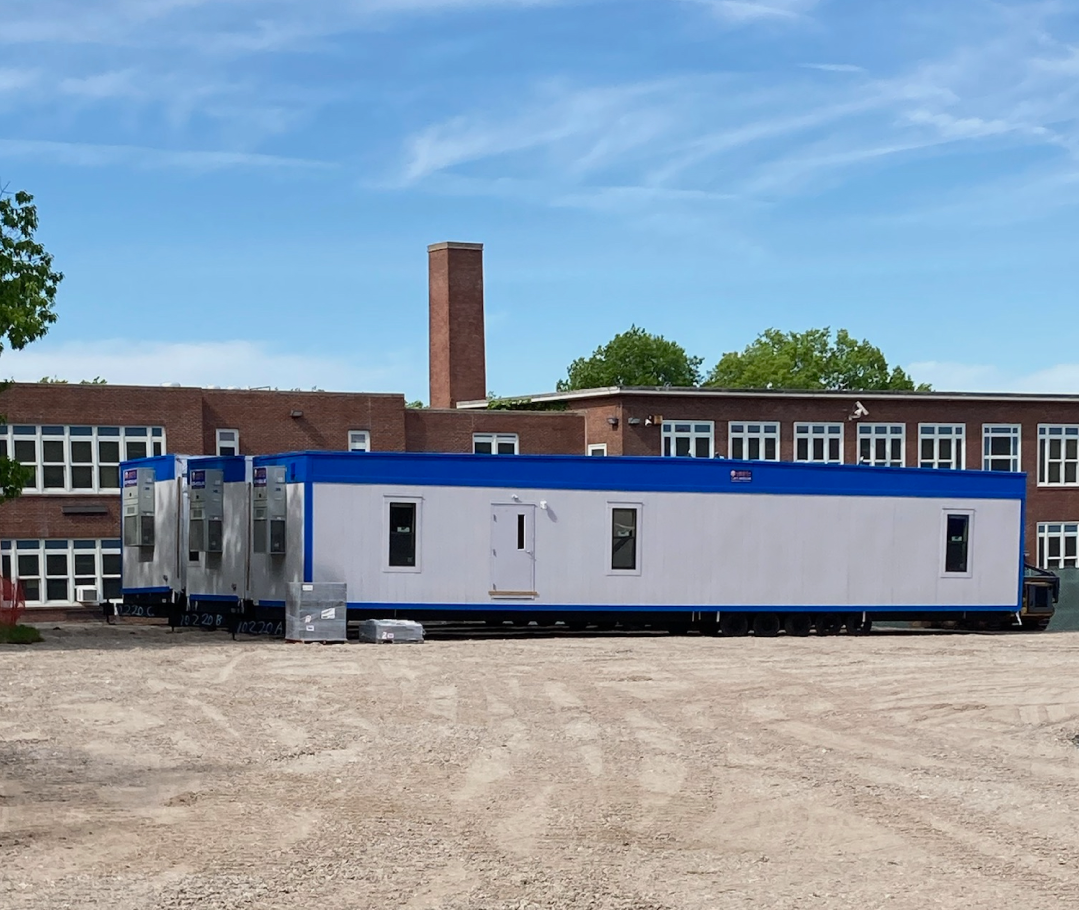Modular Construction's Impact on Future Construction
The modular construction industry has seen strong growth due to the high quality of its product and its ability to absorb the shocks of supply chain and labor shortages. More and more companies are discovering that modular buildings are a fast, flexible, and affordable alternative to traditional construction.
What is Modular Construction?
Modular or manufactured buildings are built in factories and then delivered to their destination where they are professionally installed. This allows modular construction to be much faster, more efficient, and cost-effective than traditional build methods.
While there have often been misconceptions that modular buildings aren’t as high-quality as traditional construction, this is inaccurate. Mobile Modular buildings are made with top-quality materials by highly-trained craftsmen in a controlled environment. Our materials are often stronger and more durable than those used in site-built construction. Mobile Modular buildings are also made under the same IBC Codes as traditional, site-built construction.
Types of Modular Construction
Though some people may think of all modular buildings as temporary or portable, we have several different types of buildings available. Our portable buildings are ideal for job-site offices, swing spaces during construction, or temporary expansions to educational facilities.
With permanent modular construction, we can build standalone buildings or attach them to existing structures to expand their space. Permanent modular buildings are popular as medical facilities, school buildings, offices, workforce housing, and more.
How Does Modular Construction Work?
The majority of modular construction takes place at the factory, while the final touches are completed at the installation. Creating modular buildings in an assembly line manner has several advantages. While traditional construction is exposed to the elements, modular buildings are housed in a climate-controlled environment.
The workers who build these structures also have all of the tools that they need at their disposal, which increases efficiency and eliminates waste. The facility also allows for tight quality control as managers can directly oversee and inspect every part of the process.
The Future Of Construction
As the past few years have demonstrated, trying to predict the future is no exact science. There will always be plenty of unknowns as we move forward, but there are some trends that seem likely to continue given their causes and the current state of the world. Unfortunately, the cost of construction appears likely to rise even faster than the rate of inflation due to global shortages in labor and supplies.
The Supply Chain
The supply chain shortage that was exacerbated by the COVID-19 pandemic has continued, even years later. The cost of materials is continuing to rise along with wait times. The shortage of some basic materials like cement, concrete, and drywall is expected to grow worse throughout 2023. Some mechanical components such as HVAC supplies are also expected to have a long wait time.
Labor Shortages
In 2023 the shortage of skilled construction laborers in the United States reached more than 500,000. Even the increases in interest rates by the federal government have been unable to put a significant dent in the shortfall. Researchers say construction companies will need to hire almost 350,000 more construction workers in 2024, on top of regular hiring, just to keep up with demand. Experts can be confident that the shortage will continue because of the low number of prospective new workers who are being trained.
Because construction workers may work a wide variety of tasks, it can take a long time to properly train them for their roles. This makes the efforts to replace retiring workers even more challenging than in other industries.
The Future Of Modular Construction
Modular construction is currently looking at a bright future with healthy growth, sustainable practices, and innovative solutions. As the world looks for greener building methods to help fight climate change, modular construction will be there to lead the way. Modular construction is expected to grow by 7.8% from 2023 to 2030.
The Supply Chain
By hosting the construction process in a centralized location with a regular supply of standard materials, the modular construction industry has a much more predictable supply chain than traditional construction. Modular construction is also able to use fewer materials and produce less waste than traditional construction.
Organizations can also bypass the material supply chain altogether by leasing a pre-owned modular building. Mobile Modular has a fleet of thousands of buildings with a range of flexible leasing options.
Labor Shortages
While almost every industry has been feeling the squeeze of the labor shortage over the last few years, the modular construction industry has been able to weather the storm. This is because the build methods of modular construction enable new staff to be trained and working efficiently much faster than in traditional construction.
The Modular Construction Industry
Modular construction companies continue to innovate, which allows us to provide better products to our customers at lower costs. With every new modular building we create, Mobile Modular is honing our process and looking for ways to improve the client experience.
With Mobile Modular Plus, we are leading the way in providing high-quality furnishings and tools for our clients. They include, air filtration systems, hand sanitizers, accessibility features, furniture, appliances, electronics, and more. We also offer concierge services such as beverage solutions and office cleaning services. These add-on services can be leased in a package deal, or individually with our leased units, which streamlines the process and provides a fully furnished, ready-to-use building on day one.
Is Modular Construction Sustainable?
Mobile Modular is committed to sustainable building practices that reduce pollution and greenhouse gases while helping to create a healthier planet. One of the best things about modular construction is that it uses fewer resources and produces less waste than traditional methods. According to a study by the University of Cambridge, modular construction produces up to 45% less carbon dioxide than traditional construction.
Site-built construction is disruptive to the surrounding environment in several ways. It requires far more deliveries of staff and materials to the site, which uses more fuel and can also damage the surrounding landscape. While the installation of a modular building can be completed in a short amount of time, site-built construction lasts for months. This causes constant disruption to the school, hospital, or office complex where construction is taking place—which would have been bypassed by choosing modular. Traditional construction also runs the risk of leaking toxic particles into the nearby air and water.
How Can Modular Construction Help Your Business?
Modular construction is uniquely suited to respond to changes in the construction industry and provide high-quality and affordable options. See for yourself by requesting a quote from our staff.





